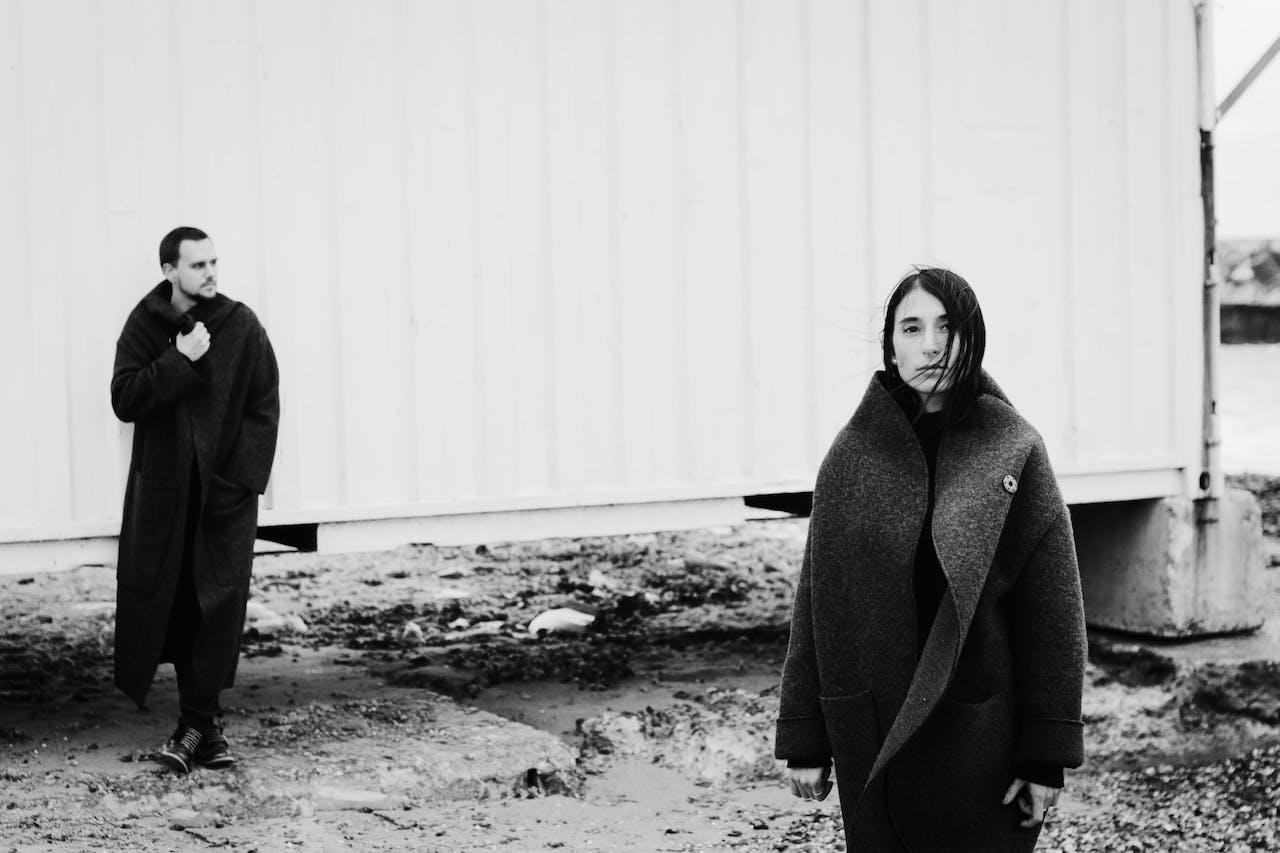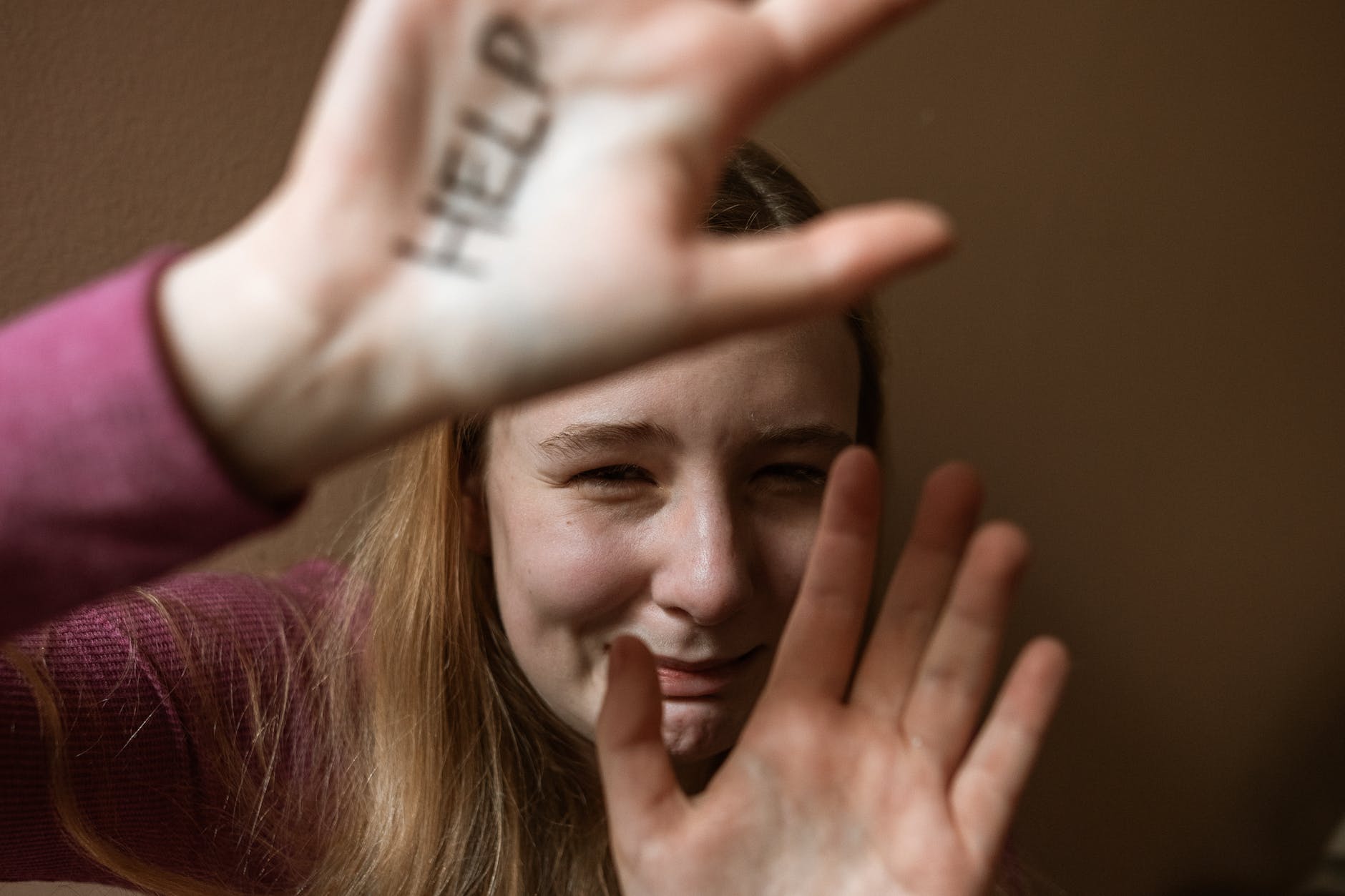Everyone’s Invited | Tackling The Sexual Assault Problem In U.K. Schools

Sue Dhillon is an Indian American writer, journalist, and trainer.
SEXUAL ASSAULT WITHIN U.K.’S EDUCATION SYSTEM
Back in Spring 2021, a website grew in notability over in the UK. Named Everyone’s Invited, the platform made headlines as it unveiled the extent of rape culture within schools and universities across the country. Over the past few years there has been an uprising by people who have experienced such at the hand of friends, colleagues, and celebrities. Whether through the participation of the #MeToo Movement, sharing screenshots on social media or disclosing it to national publications, survivors are beginning to share their stories.

WHAT IS RAPE CULTURE?
There’s no denying that there is a lack of education on this topic. Some may assume it only relates to rape; however, it acts as an umbrella term for multiple sexual harassment/abuse actions. Not only does it feature actions but also includes attitudes, behaviours, and beliefs one may hold relating to the normalisation and trivialising of sexual violence. The culture includes a wide scope of acts from misogyny and rape jokes to online sexual abuse (the non-consensual sharing of intimate photos) and sexual coercion. A concern is that, as these acts become normalised within society, they can lead to extreme acts such as sexual assault and rape.
U.K.’S EVERYONE’S INVITED
Gaining attention back in Spring, the website offered a safe space for victims of sexual assault, harassment, and rape to share their stories. The main purpose for the site was to expose and eradicate rape culture – and expose it has done! With over 50,000 testimonials, the extent of rape culture amongst young males has been brought to light on a national and even global scale. Since the launch of the website, they have created a list of universities, secondary schools and even primary schools who have been mentioned. From the testimonials, 119 universities have been featured as well as a 58-page document naming primary and secondary schools. Illustrating the importance of such a platform for young women, I feel like one is needed for every country.
WHAT HAPPENED TO OUR BOYS?
The thing is, rape culture has always been around. I think most of us either have experienced it, seen it, had a friend experience it, know someone who participates or are the person who is active in such culture. Either way, you cannot disassociate yourself from this issue.
So, how did it get to this point? Before we look at technologies’ role, we need to look at the traditions within fraternities and sports groups that have been around for decades, globally across universities and colleges. Condoning and spurring on such behaviour, young men are made to think that it’s acceptable to behave in such a manner, without experiencing any repercussions. A prime example being the various leaked messages from campus sport societies across the UK and US. Such behaviour, which degrades women, has been described as social currency and as part of the ‘Alpha Male’ persona.
Technology’s role within the expansion of rape culture has led to sexual harassment and assault being transferred online through chat sites, social media and porn, allowing women no escape from the culture. A big problem is that these global platforms aren’t doing enough to monitor such behaviour; exposing young boys to graphic images and violent sexual behaviour leads to the possibility that such behaviour is normalised unless boys are educated otherwise.
But how do we approach the situation? Do we name and shame?

THE EFFECT OF EVERYONE’S INVITED
Since the launch of Everyone’s Invited in the UK, it has led schools and the government to address the situation. Making students aware that protection is available, teachers were told to assume sexual assault takes place on campus even though no reports may be made. Some schools and other institutions have gone as far as to report their own pupils to police/local authorities and victims themselves have gone directly to police.
The big debate regarding this topic is when should we teach children about relationships and consent. Some people believe we should wait until they’re in their teens, whilst others, including myself, believe they should be taught about relationships during their early years. I personally believe that the UK education system is beyond dated and I think that children should be taught about relationships from a young age, with the topics and contents being tailored to their age and maturity.
In the short term, what we need to focus on is making sure students feel safe in a place where they should expect to be safe, whilst working to demystify the process of coming forward to authority figures.
Regarding legal actions, people are working towards making women and girls feel safe with the protection of classifying misogyny a hate crime.
This article was written by contributing writer Malin Jones – you can link to her here.



